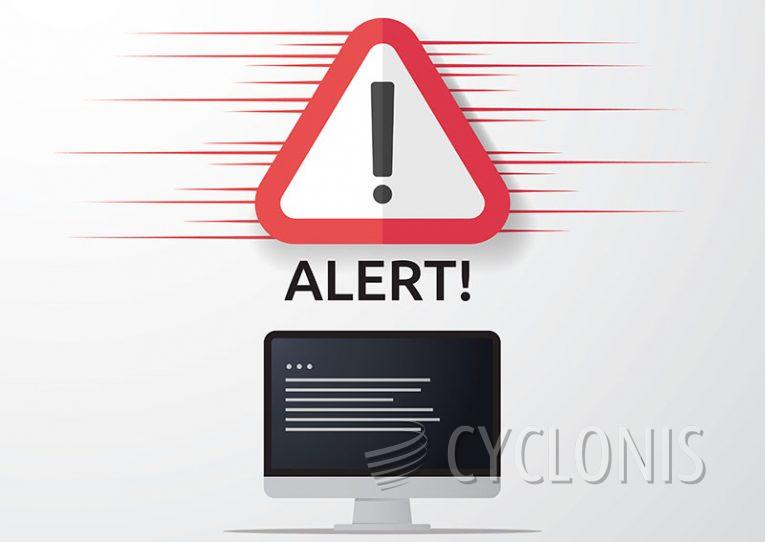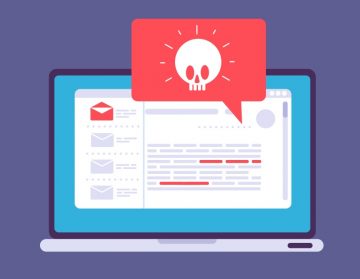"MacOS Is Infected - Virus Found" Notification Scam

Numerous deceitful websites are specifically crafted to deceive visitors into granting permission for receiving notifications. Typically, these sites employ clickbait techniques, such as falsely asserting that users must click the "Allow" button to confirm their identity as a human and not a robot.
Once permission is granted, these deceptive websites frequently inundate users with counterfeit virus warnings, posing as authentic alerts. These notifications use scare tactics, generating a sense of urgency by alleging the presence of viruses or other security threats on the user's device.
The primary objective of these deceptive notifications is to exploit users' anxieties about their device's security, leading them to inadvertently take harmful actions. Clicking on these notifications may redirect users to scam websites designed to deceive them into believing that their computers are infected.
Examples of such scams include messages like "Your PC Is Infected With 18 Viruses!", You Might Recently Browsed To Compromised Websites," and "Your PC Is Infected With 5 Viruses!" These sites display alerts mimicking legitimate security software products.
Furthermore, counterfeit warnings (notifications) from dubious sites can redirect users to other types of scam websites. These may include fraudulent tech support pages claiming to address nonexistent virus issues, phishing sites designed to pilfer login credentials or personal information, and deceptive online stores promoting counterfeit products.
Moreover, users might find themselves redirected to pages hosting fabricated sweepstakes or lottery scams, with the aim of tricking individuals into divulging sensitive details or making unwarranted payments.
How Should You Act if You See a Suspicious Virus Alers on Your Computer?
If you encounter a suspicious virus alert on your computer, it's important to approach the situation cautiously to avoid falling victim to scams or malware. Here's a step-by-step guide on how to handle such situations:
Remain Calm:
Stay calm and avoid panic. Suspicious virus alerts often use scare tactics to prompt immediate action. Take a moment to assess the situation before making any decisions.
Do Not Click on the Alert:
Resist the urge to click on any buttons or links within the alert. Clicking on them may trigger further actions, potentially leading to malware installation or phishing attempts.
Use Task Manager (Windows) or Activity Monitor (Mac) to Close Your Browser:
If the alert is displayed within your web browser, close the browser using the Task Manager (Windows) or Activity Monitor (Mac). This can help terminate any potentially malicious processes associated with the alert.
Run a Legitimate Antivirus Scan:
Perform a full system scan using a reputable and up-to-date antivirus or anti-malware software. Ensure that the software is from a trusted source to avoid falling for fake security programs.
Update Your Antivirus Software:
Ensure that your antivirus software is updated to the latest version. This helps the software detect and protect against the most recent threats.
Clear Browser Cache and Cookies:
Clear your browser's cache and cookies to remove any potential traces of the suspicious alert. This can be done through the browser settings.
Check for Browser Extensions:
Review your browser extensions and remove any unfamiliar or suspicious ones. Malicious extensions can sometimes trigger fake virus alerts.
Verify Legitimacy:
If the alert claims to be from a specific antivirus program, independently verify its legitimacy by visiting the official website of the antivirus software. Legitimate security programs typically don't use browser pop-ups for alerts.







